![]()
The best science fiction TV doesn’t just predict what’s coming, it also knows how to finish strong. It’s surprisingly hard to stick the landing – for every sci-fi show that starts out amazing, there’s another that gets bogged down by trying to do too much.
When a science fiction show truly succeeds, it turns years of fan theories and anticipation into a deeply memorable experience, providing a satisfying conclusion that feels both well-deserved and expansive. These shows are exceptional – they stand out with strong beginnings and endings, becoming true sci-fi classics that are beautifully made and endlessly enjoyable to watch again and again.
Lost (2004–2010)
The End (Season 6, Episode 17)
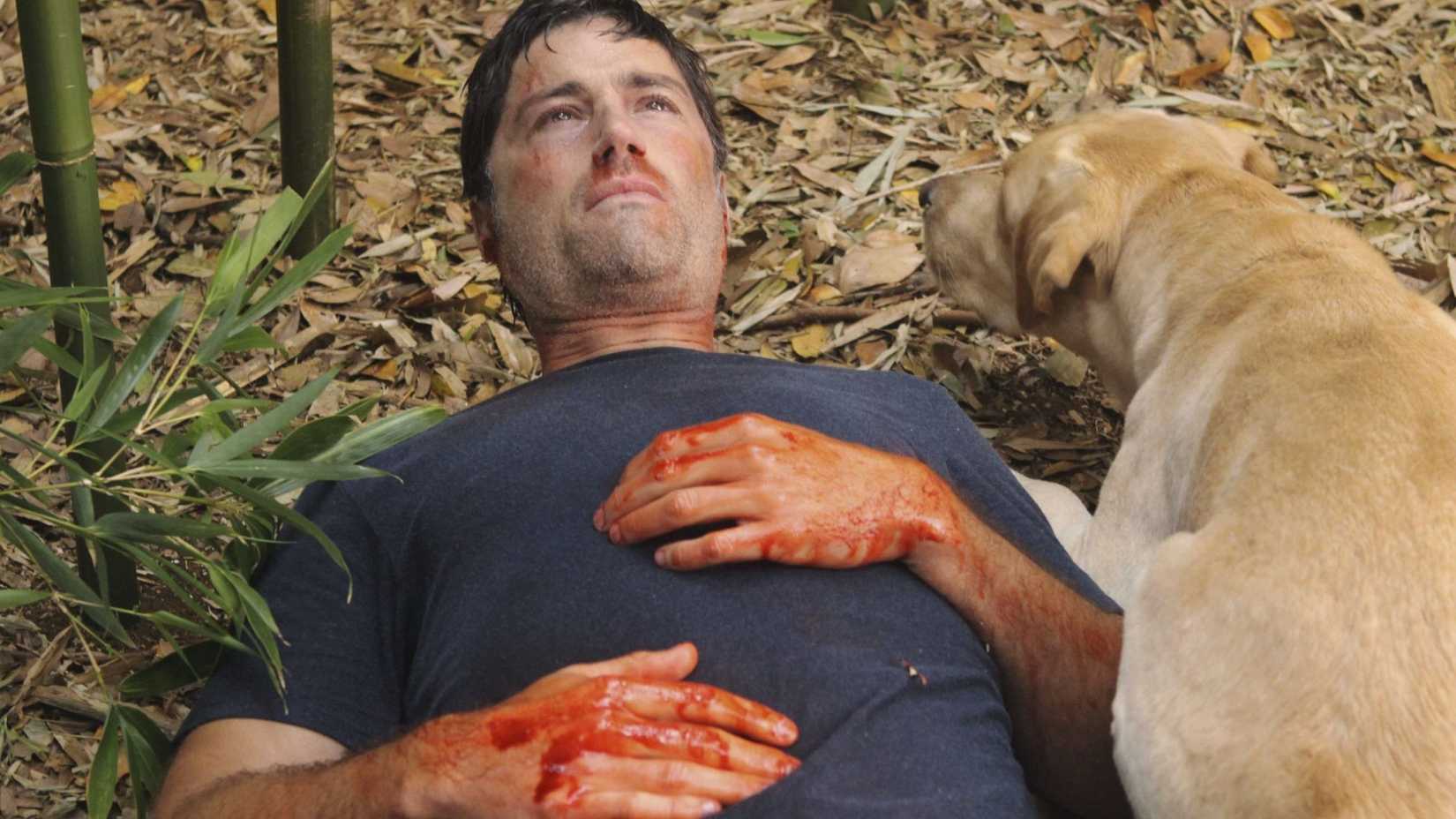
Fifteen years after it aired, the ending of Lost is still considered one of the most debated TV finales ever – but it was also remarkably bold. The final episode, “The End,” didn’t try to explain every single puzzle the creators, Damon Lindelof and Carlton Cuse, had presented. Instead, it prioritized giving the characters we’d followed for six seasons a sense of closure after all their struggles, love, and searching for meaning.
The controversial decision to end the show with the church reunion and Jack Shepherd peacefully lying down next to Vincent – in the same place he first woke up six years before – ultimately resonated deeply with some viewers, while others found it incredibly moving. It proved to be a fitting conclusion to the series.
Person of Interest (2011–2016)
return 0 (Season 5, Episode 13)
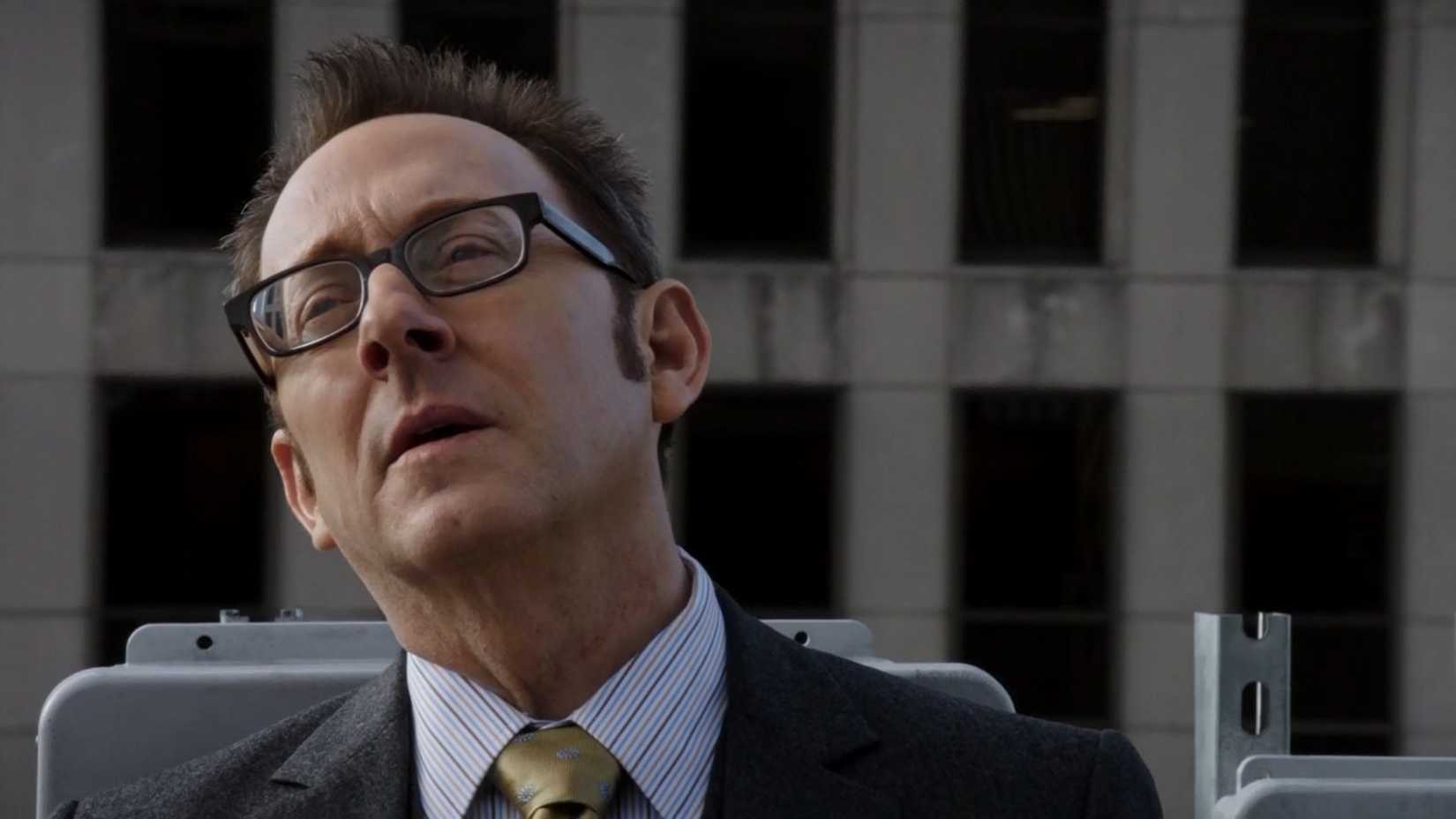
Few crime shows get a satisfying conclusion like the one Person of Interest achieved. Its finale, “return 0,” wasn’t about big explosions or a world-ending crisis. Instead, it offered a thoughtful and graceful ending to a story that consistently explored ideas about meaning, selflessness, and the complex moral questions surrounding artificial intelligence.
The journeys of Root, Reese, and Finch felt natural and deeply affecting, but it was the Machine’s final speech that truly changed how we understood the entire series. It revealed that Person of Interest wasn’t simply a futuristic crime show; it was a much more personal story—a tale of love between a creator and what was created, between the code itself and a sense of morality.
Battlestar Galactica (2003–2009)
Daybreak (Season 4, Episodes 19, 20, 21)
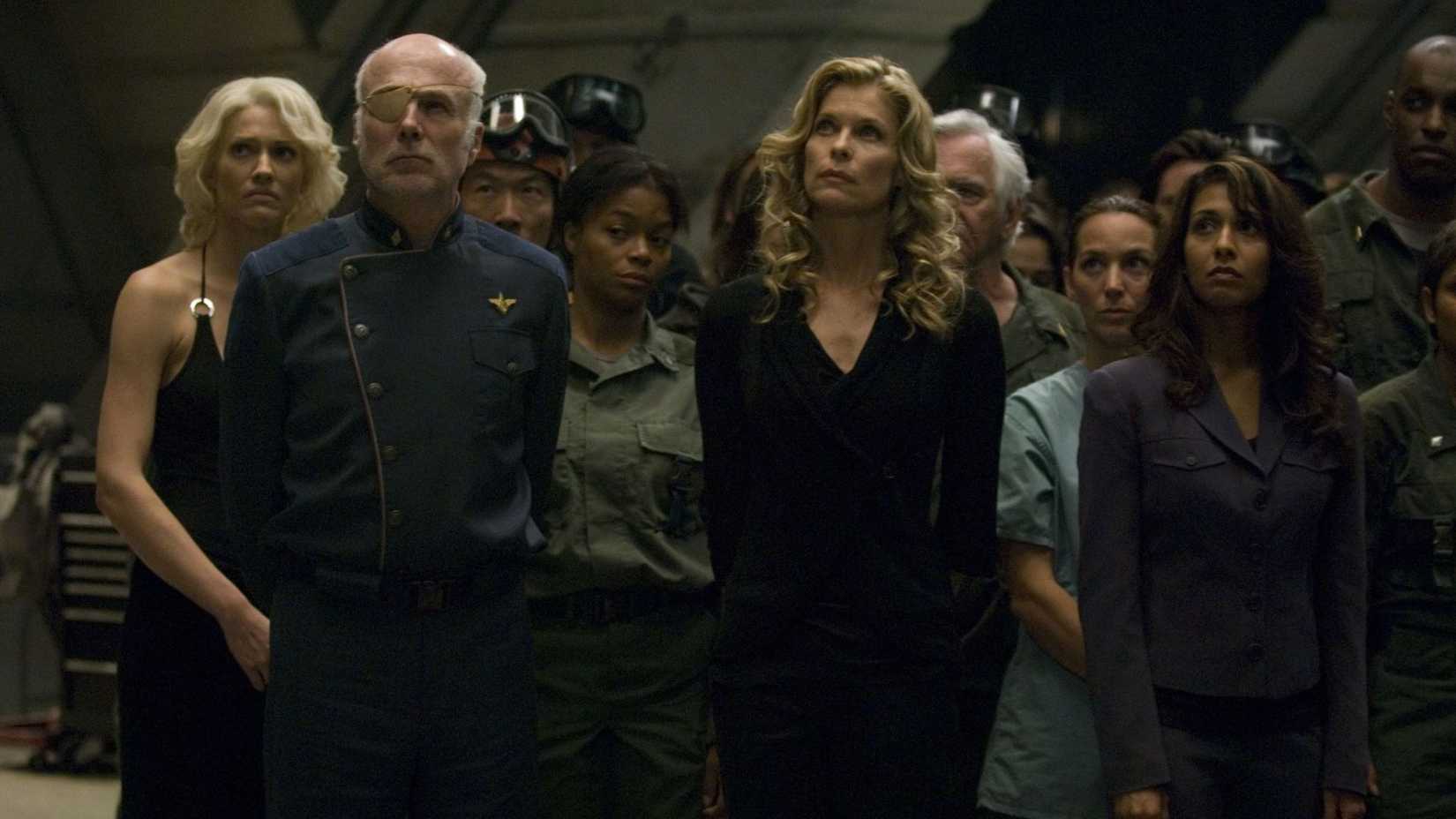 MovieStillsDB
MovieStillsDB
The ending of Battlestar Galactica, particularly the episode “Daybreak,” remains a highly debated topic among science fiction fans, much like the finale of Lost. The three-part conclusion was ambitious and bold, though it wasn’t perfect. It certainly wasn’t a flawless finish, but it was undeniably daring.
After years of living in fear and making difficult ethical choices, the characters in Battlestar Galactica decided to give up technology and begin a new life on Earth. While this ending was surprising to many, it felt like the only logical conclusion, and that’s what makes the show’s finale so powerful.
The surprising reveals – Starbuck’s return, the peace between humans and Cylons, and the journey back to prehistoric times – completely changed how we understood the whole series. At its heart, the story is about repeating patterns: cycles of fighting, belief systems, and new beginnings.
Fringe (2008–2013)
An Enemy of Fate (Season 5, Episode 13)
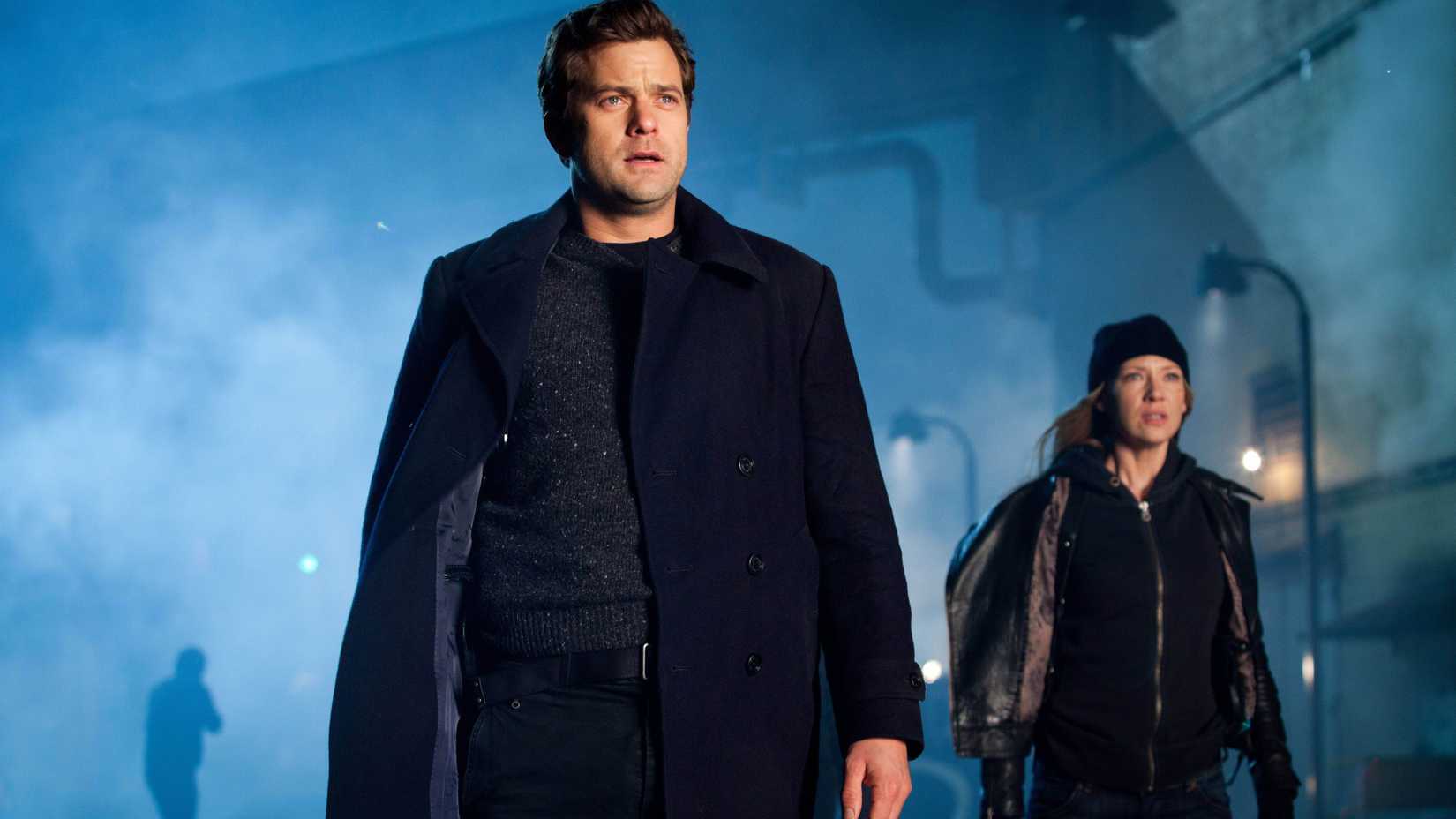 MovieStillsDB
MovieStillsDB
As a big fan, I always felt that Fringe really found its stride in season five. It had become this amazing mix of a case-of-the-week procedural, a mind-bending multiverse story, and a seriously intense look at a future war. But the episode “An Enemy of Fate” was something special – it actually brought everything together. What I loved most was how the writers managed to ground all the weirdness – the parallel worlds, the time travel – in genuine emotion. It gave everything a real heart.
Walter Bishop’s ultimate sacrifice provided a truly fitting conclusion, and the series comes together beautifully when Peter reads his father’s last letter. Throughout its run, Fringe explored the real price of seeking knowledge, and that moment perfectly captured that theme. While many episodes featured strange creatures or unusual science, at its heart, Fringe was a story about love, finding forgiveness, and what we leave behind.
Dark (2017–2020)
Paradise (Season 3, Episode 8)
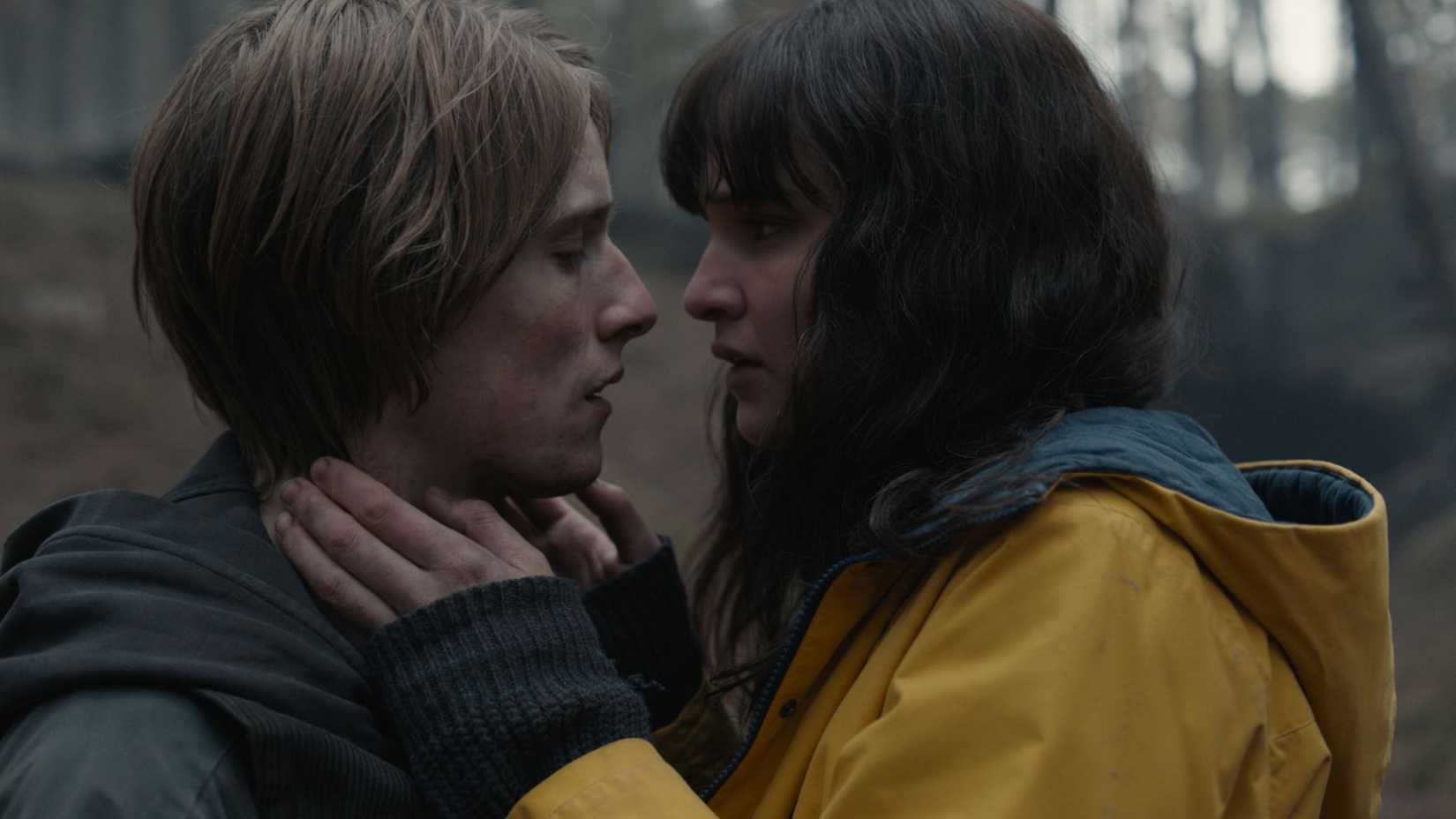 MovieStillsDB
MovieStillsDB
For three seasons, Dark was a gripping sci-fi thriller famous for its surprising twists and incredibly complex, interwoven timelines. However, the final season, “The Paradise,” brought clarity to the story. Creators Baran bo Odar and Jantje Friese successfully transformed the intricate, puzzle-like plot into a moving story about love and finding peace.
When Jonas and Martha make the selfless choice to reset the timeline, willingly sacrificing themselves to save others, everything suddenly makes sense. All the pain and struggles of the characters gain a deep and meaningful purpose, and the show’s central, repeating idea—that beginnings and endings are connected—finally comes to a peaceful and complete resolution, offering a satisfying end for everyone involved.
12 Monkeys (2015–2018)
The Beginning (Season 4, Episodes 10, 11)
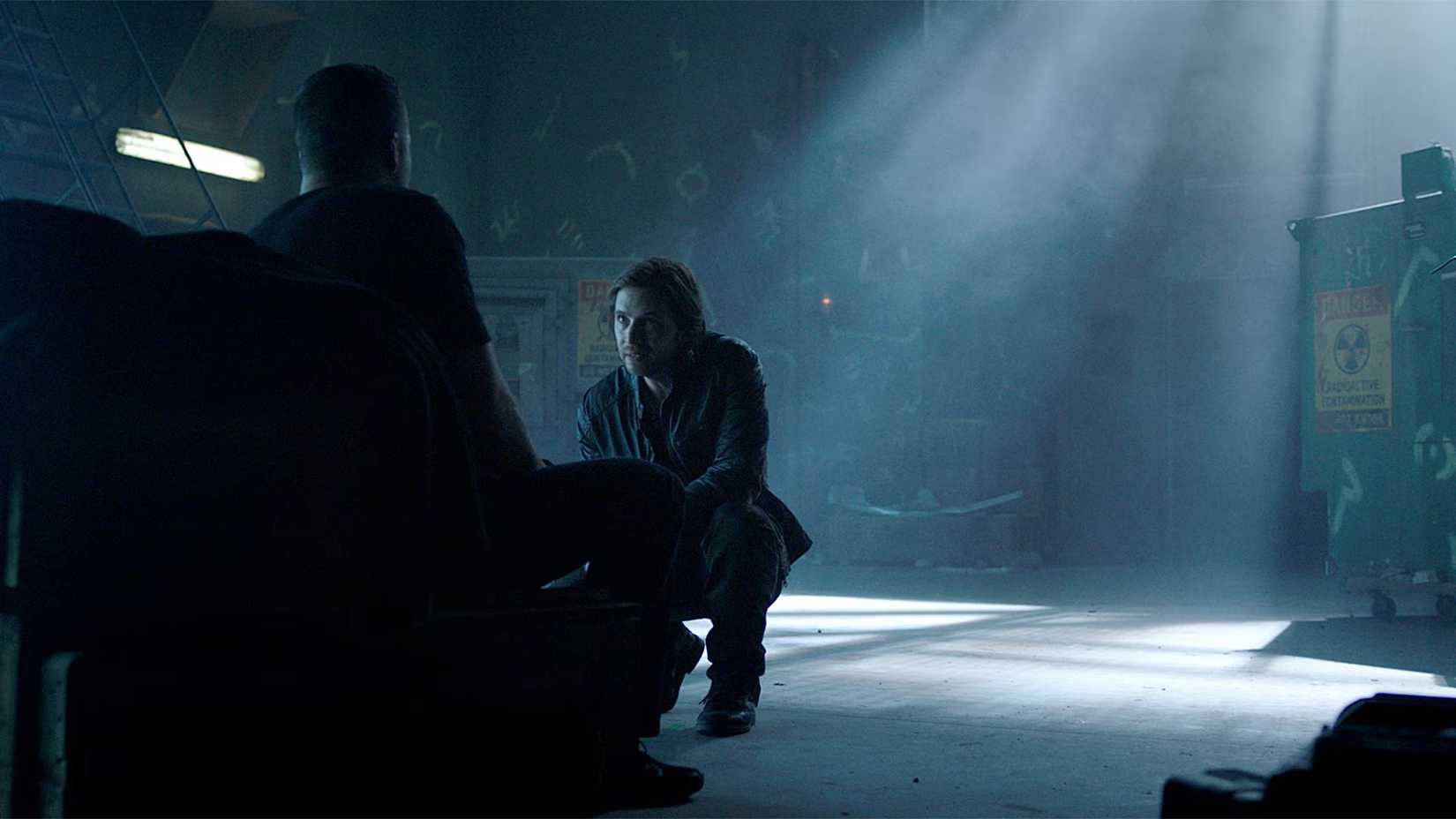
It’s rare for a story to successfully resolve all its mysteries without contradicting itself, but the sci-fi show 12 Monkeys truly excels at time travel storytelling. Over four seasons, creators Terry Matalas and Travis Fickett developed the show from a basic story about a virus outbreak into a much more complex and rewarding experience.
Ultimately, Cole gives up his life to save the world, a theme seen in shows like Dark. However, 12 Monkeys adds a hopeful layer to this sacrifice. Although the timeline is restored, Cole unexpectedly survives and finds peace in the new world, with Jennifer Goines watching over him. While the idea is heartbreaking, the way it’s shown is powerfully uplifting.
Arcane (2021–2024)
The Dirt Under Your Nails (Season 2, Episode 9)

The final episode of Arcane season 2, “The Dirt Under Your Nails,” brings the story to a moving, though sad, close. Jinx appears to give her life to save Vi, and while the city is spared from destruction, viewers are left with a strong sense of loss.
Vi and Caitlyn achieve a peaceful understanding, though it feels easily broken. As Piltover and Zaun attempt to come together, their newfound alliance remains unsteady. Rather than providing a simple, tidy ending, Arcane realistically portrays the messy consequences of conflict, effectively concluding this story arc while opening doors for future tales in the League of Legends universe.
Doctor Who (2005–2010)
The End of Time (Tenth Doctor Specials)
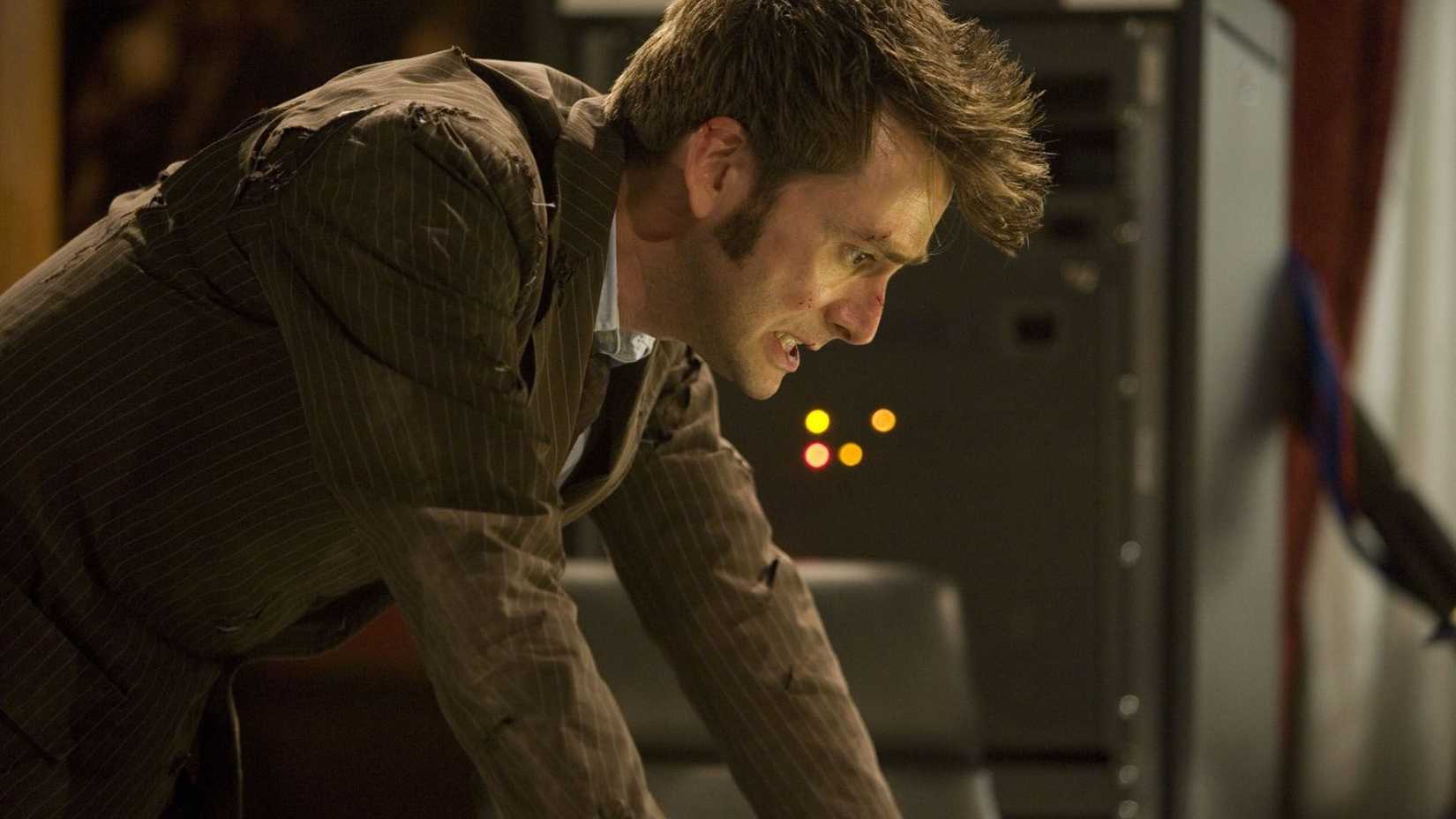
It’s rare for a science fiction story to deliver a truly heartbreaking goodbye, but David Tennant’s final episode as the Doctor, “The End of Time,” does just that. Writer Russell T Davies created a farewell that felt deeply personal and tragic, not just for the Doctor, but for the audience as well.
Even though some fans tease the line “I don’t want to go,” it became famous because it perfectly captured the universal fear of change and the sadness that comes with every ending. “The End of Time” didn’t just finish what many consider the greatest era of Doctor Who; it’s also one of the best episodes ever made in science fiction television.
The Expanse (2015–2022)
Babylon’s Ashes (Season 6, Episode 6)
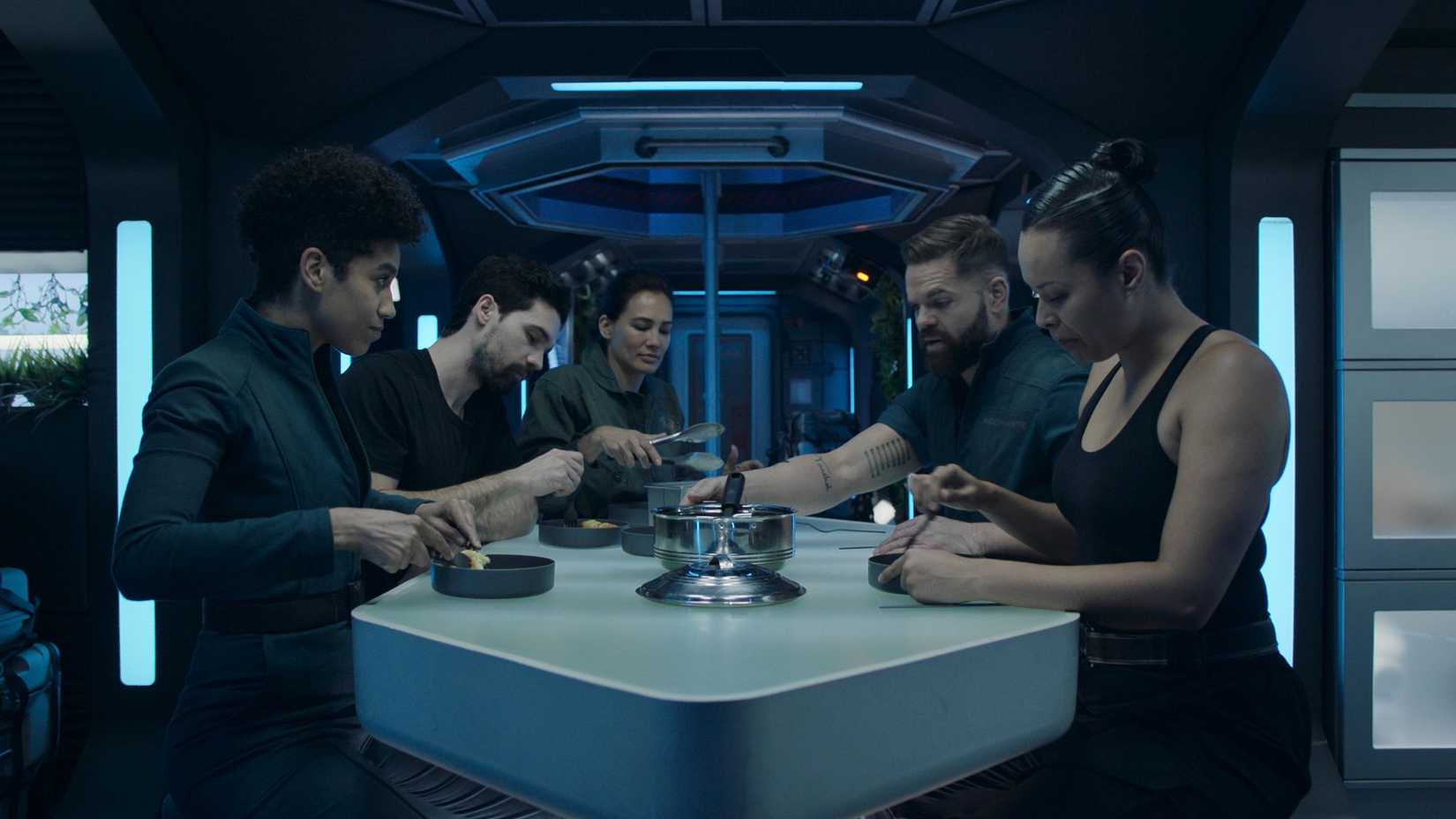 MovieStillsDB
MovieStillsDB
The finale of The Expanse, “Babylon’s Ashes,” managed to wrap up a huge amount of plot while still keeping the focus on the characters and their relationships, especially those aboard the Rocinante. The crew’s last task was defeating Marco Inaros and his Free Navy, which ended one major conflict but suggested many more dangers remained beyond the Ring.
Holden’s decision to create a new Transport Union, rather than simply taking control, reflected his feelings from the beginning – he didn’t desire leadership, only to act with integrity. This action perfectly highlighted the show’s core values and brought the finale together thematically.
The Expanse successfully wrapped up its storylines while still leaving a sense of wonder about the universe. The mystery of the protomolecule wasn’t fully solved, which is perfect for a great science fiction story – reminding us that the universe is vast and largely unknown.
Star Trek: The Next Generation (1987–1994)
All Good Things… (Season 7, Episodes 25, 26)
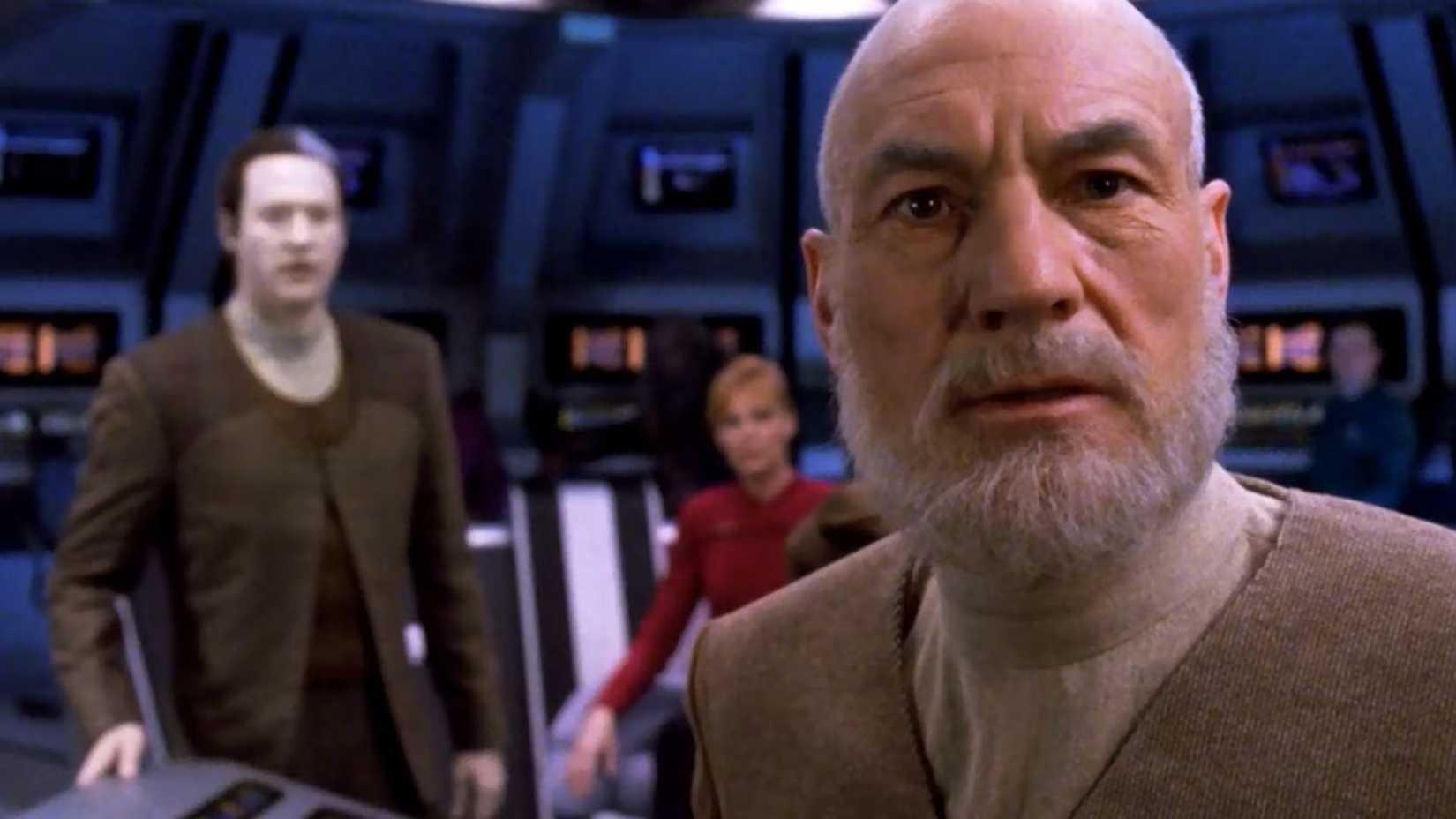
“All Good Things…” is widely considered the perfect series finale for any science fiction show. The two-part episode brilliantly used time travel to explore Captain Picard’s emotional journey as he moved between the past, present, and future, desperately trying to prevent a paradox that could destroy all of humankind.
Rather than ending with a dramatic event like death or a galactic catastrophe, The Next Generation chose a peaceful, meaningful scene showing the connection between Captain Picard and his crew, ending with him finally joining their poker night. It’s a uniquely satisfying finale that perfectly embodies what made the show so beloved.
Read More
- 10 Must-Watch Horror TV Shows for Mike Flanagan Fans
- Доллар обгонит бразильский реал? Эксперты раскрыли неожиданный сценарий
- 10 Best Horror Shorts on YouTube for a Quick Scare
- 10 Most Disappointing Biopics of Beloved Musicians
- 10 Best ‘Naruto’ Filler Episodes
- 10 Devastating Buffy Episodes Fans Struggle to Rewatch
- 10 Blockbusters That Still Bombed At The Box Office
- 1 Major ‘Captain America 4’ Villain Was Originally Supposed to Die
- 10 Underrated Fall 2025 Anime That Are About to Blow Up on Streaming
- 10 Apple TV Shows That Outshine Netflix Originals in Quality
2025-11-03 01:31